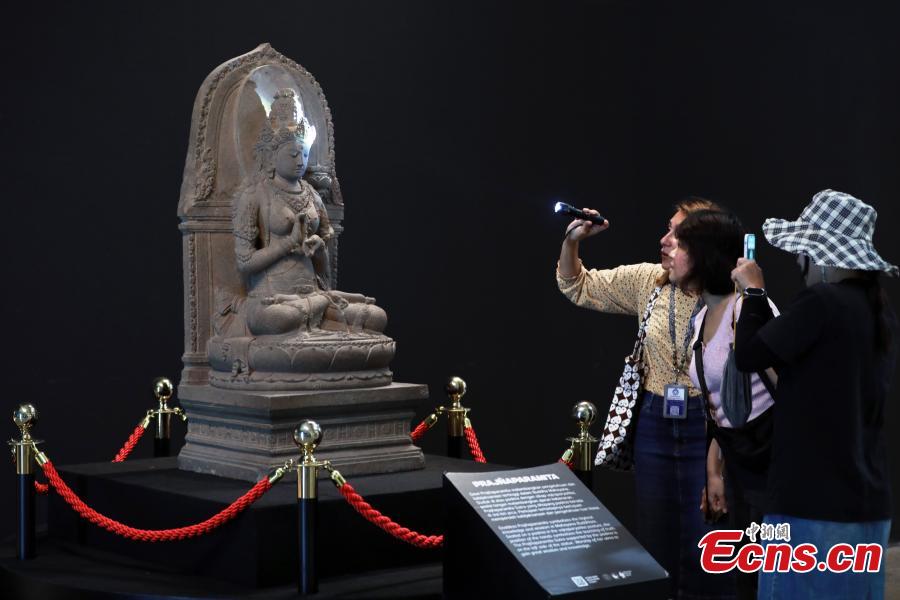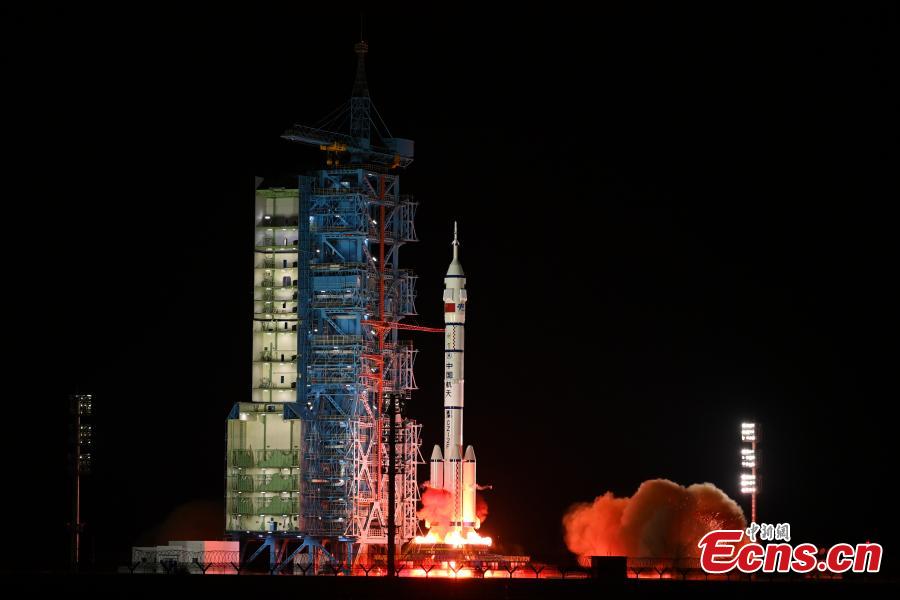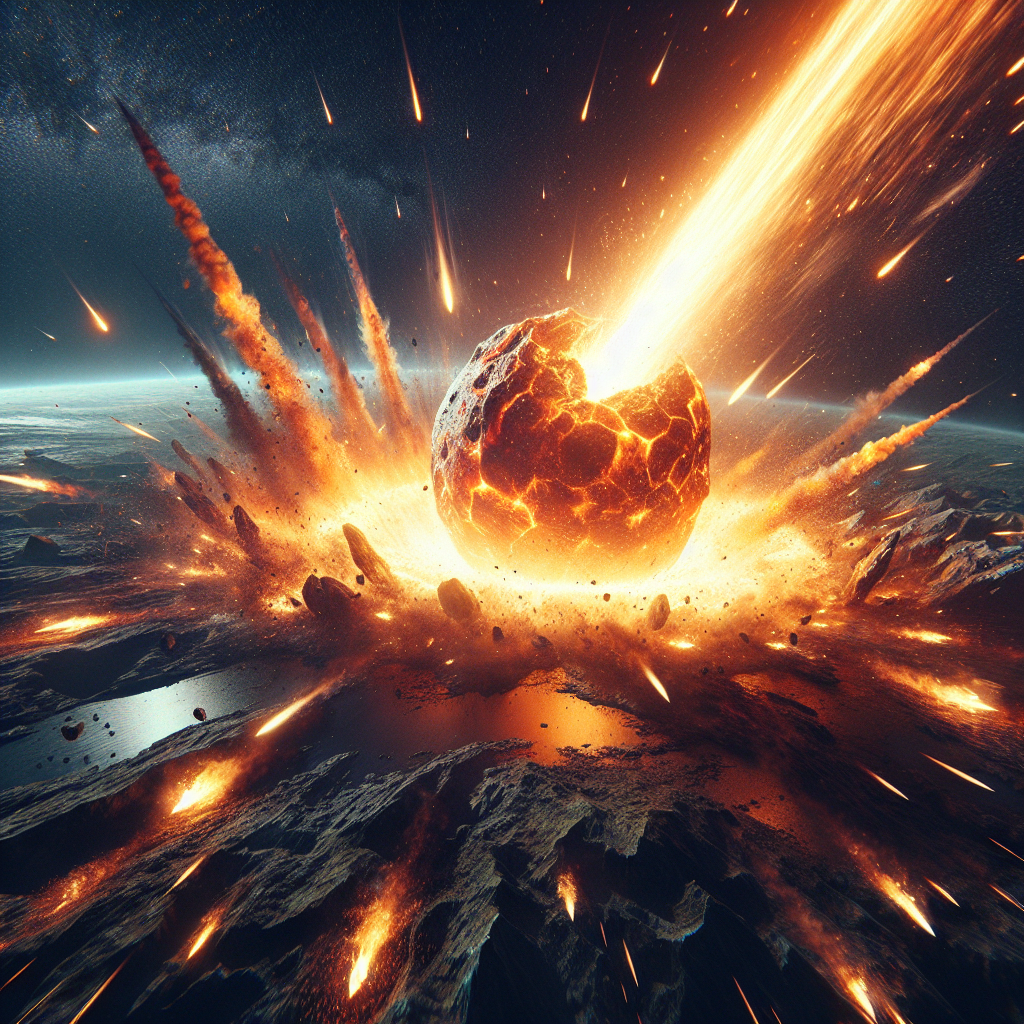
GRAND FORKS – The 12 candidates vying for seats in North Dakota’s District 18 and District 42 are split on whether the state should pursue investment in the carbon-capture industry. In a survey sent to all of the candidates in the two districts – both of which represent Grand Forks and portions of rural areas near the city – the Herald asked: “North Dakota potentially has a future in the carbon-capture industry. Do you feel the state should push forward with investment in this industry?” ADVERTISEMENT Five of the candidates answered with variations of “yes,” a few indicated they likely are against the idea and the others either seek more answers or showed skepticism in the industry.
North Dakota has been at the center of carbon-capture discussions in recent years, including a massive undertaking called Project Tundra, which seeks to capture carbon dioxide created by energy production and store it underground to reduce its effect on the environment. The proposed $2 billion project is delayed, however, due to evolving federal emissions regulations. A portion of the funding for Project Tundra has come from the state, including approximately $250 million in loans, as well as other grants.
Federal funds – upwards of $350 million in federal grants, for instance – have been sought as well. Also in the news over the past year has been the Summit Carbon Solutions pipeline, which seeks to capture carbon dioxide from ethanol plants throughout the Midwest and pipe it to North Dakota for storage. And some see CO2 as having a potentially large impact on the state’s energy industry as it’s used in a process called “enhanced oil recovery,” which would prolong the ability to extract oil in North Dakota’s Bakken formation.
The Herald’s question did not specifically mention any particular carbon-capture project. All 12 candidates in District 42 and District 18 responded to the Herald’s survey. They include District 18 Senate candidates Kyle Thorson, a Democrat, and Republican Scott Meyer; and District 18 House candidates Mary Adams, a Democrat; Nels Christianson, a Republican; Scott Nelson, a Democrat; and Steve Vetter, a Republican.
ADVERTISEMENT In District 42, they include Senate candidates Claire Cory, a Republican, and Democrat Rod Gigstad; and House candidates Sarah Grossbauer, a Democrat; Carol Hagen, a Democrat; Emily O’Brien, a Republican; and Doug Osowski, a Republican. The election is Nov. 5.
Incumbents lean toward “yes” to the Herald’s question about the carbon-capture industry. For example, Vetter, an incumbent House member in District 18, said it’s in the state’s best interest to help the oil industry thrive. “Carbon capture provides additional oil extraction, which translates into additional state revenue dollars.
In addition, the customers buying our energy will pay more money for ‘clean’ energy,” Vetter said. “Regardless of how a person feels on the green agenda, carbon capture maximizes production and profit for oil companies. Therefore, if we can profit from this industry as a state and there is no harm caused by it then my question would be, why not?” The incumbent Sen.
Meyer agrees, adding that it’s important to be mindful of property rights. “As the oil play in the Bakken slows down, carbon will be needed for enhanced oil recovery. The oil and gas industry supplies over 50 percent of our state’s revenue.
We need to make sure the oil and gas industry can continue to extract oil from the Bakken,” Meyer said. Research being done at UND’s Energy and Environmental Research Center, known as the EERC, will “hopefully keep North Dakota relevant” in the energy industry for decades, he added. ADVERTISEMENT O’Brien, an incumbent House member in District 42, noted the EERC’s work as well.
“Right in our backyard, we have the EERC. They are working with the U.S.
Department of Energy's CarbonSAFE Initiative projects, focusing on developing geologic storage sites to store 50+ million metric tons of CO2 from industrial sources,” O'Brien wrote. “The North Dakota-based CarbonSAFE projects are part of ongoing regional efforts to ensure reliable, affordable energy.” She said that 64% of North Dakota's electricity generation and 67% of energy-related CO2 emissions come from coal.
“Carbon capture and storage are two options for managing those emissions, allowing North Dakota CarbonSAFE to gather information vital to permitting, operation, and monitoring – through local public and stakeholders. This initiative will help guide where regulation is appropriate, and the project will provide information on how to proceed best,” O'Brien said. Cory, who currently represents District 42 in the House but seeks the district’s open Senate seat, also indicated she backs the industry and state investment in it.
“North Dakota has continually developed new technologies for energy production. By supporting carbon-capture innovation, we could increase the efficiency of oil extraction and production,” she said. “Our own local Energy & Environmental Research Center (EERC) estimates we could increase production by up to one billion barrels, which would be an estimated $7 billion in additional revenue.
” The challengers in the Nov. 5 race generally say they have questions or concerns. ADVERTISEMENT Nelson, the Democrat seeking a District 18 House seat, said he’s in favor of the state pursuing carbon-capture projects, “but with caution,” he noted.
“This industry requires land and easements for roads, sites, pipelines and the like to build out the networks necessary to accomplish this. Private industries have to be respectful of the rights of property owners when they seek right of ways and easements, and be especially fair and honest in their dealings with them. CO2 gas is what we’re talking about most when we discuss carbon capture,” he said.
“Our state’s Industrial Commission will have to do a much better job of regulating the operators of CO2 pipelines than they’ve done with oil, gas, and produced water storage and transmission lines to protect our lands, homes and lives.” Said Grossbauer, a Democrat who’s running for a House spot in District 42: “In North Dakota, we should embrace innovation and explore new opportunities that can drive our state forward. Carbon capture may be one of those possibilities.
However, as we evaluate its potential, we must ensure it respects the rights of landowners and addresses the long-term environmental risks posed by climate change. Based on what I’ve seen, I have serious concerns that the current carbon capture projects are falling short on both fronts. We also need to be cautious about using taxpayer dollars to fund projects backed by out-of-state billionaires – especially when they have the resources to fund these ventures themselves.
” She said she will “stand firmly against giving big handouts” to large corporations unless they can deliver a substantial return to the state. Hagen, a Democrat running for a House spot in District 42, said more studies must be conducted on the art of capturing and storing carbon. She wants to be convinced that the process is safe and feasible.
“With the possibility of leaks that are not able to be detected but can still prove deadly, we need to be sure that this actually can be contained and attained. As recently as 2020, a leak involving a CO2 pipeline in Mississippi caused nearly 50 people to be hospitalized,” Hagen said. “We need to be assured that this is functionally viable before investing billions into another pipe dream.
” Thorson, the Democrat who seeks to unseat Meyer in the District 18 Senate race, also wants to learn more, but says he has a “healthy dose of skepticism” about carbon-capture’s effectiveness at reducing climate-warming gas, its economic return and its long-term impacts on the state. ADVERTISEMENT “The issues relating to the granting of easements to the main and feeder pipelines needed to move CO2 from ethanol plants to the injection sites must be equitable for the landowners, and not rely on eminent domain to accomplish,” Thorson said. “There are several projects which have seen significant investment, but have yet to produce sustainable results.
I am aligned with the intention to improve the environment and leave our land ‘better than we found it’ so that our future generations can enjoy this great state and its beauty.” Christianson, a Republican running for one of the District 18 House seats, supports research and development in the carbon-capture field since he believes it will add value to the state’s energy industry. “North Dakota should ensure that investors can pursue carbon capture and sequestration under fair and reasonable conditions to earn federal subsidies or meet demand for carbon-neutral products,” Christianson said.
“However, we must diligently protect the rights of landowners and the safety of the public related to carbon pipelines and sequestration. I do not support additional state subsidies used simply to pump carbon into the ground and store it.” Osowski, a Republican in District 42, said two questions come to mind.
“Is it affordable and a good investment for the state? And eminent domain? I cannot in good conscience support a land grab,” he said. “Property rights need to be protected.” Gigstad, the Democrat taking on Cory in the District 42 Senate race, likely would vote no, he said.
“I recently toured the North Dakota Geological Survey Wilson M. Laird Core and Sample Library and learned some exciting information about oil containing formations and how non-porous formations trap oil and salt water. Formations of this type will also be used to trap CO2 gas,” Gigstad said.
“I have two concerns about this type of carbon capture. 1) Will spending billions of dollars capturing a relatively small amount of carbon in relation to worldwide CO2 output make a difference? And 2) I am skeptical of 100% containment of the gas for centuries. I have an open mind to learning more about carbon capture technology and research but at this time I would vote no.
” ADVERTISEMENT Adams, a Democrat who previously held a spot in the state House, said she has spoken with residents about carbon capture. She said those residents – and even Adams herself – have more questions than answers about the industry. “So many questions, so little explanation,” she said.
“Investment in this project has come from out-of-state billionaires who have their own money to fund these projects, so I would really be cautious of where state tax dollars are used. That is why I take a skeptical approach to this project. If they can provide satisfactory answers to all my questions, I will give it fair consideration in Bismarck.
But as it stands today, with them receiving federal dollars, I am opposed to investing state dollars into this project and letting these companies use eminent domain to seize private land.”.










